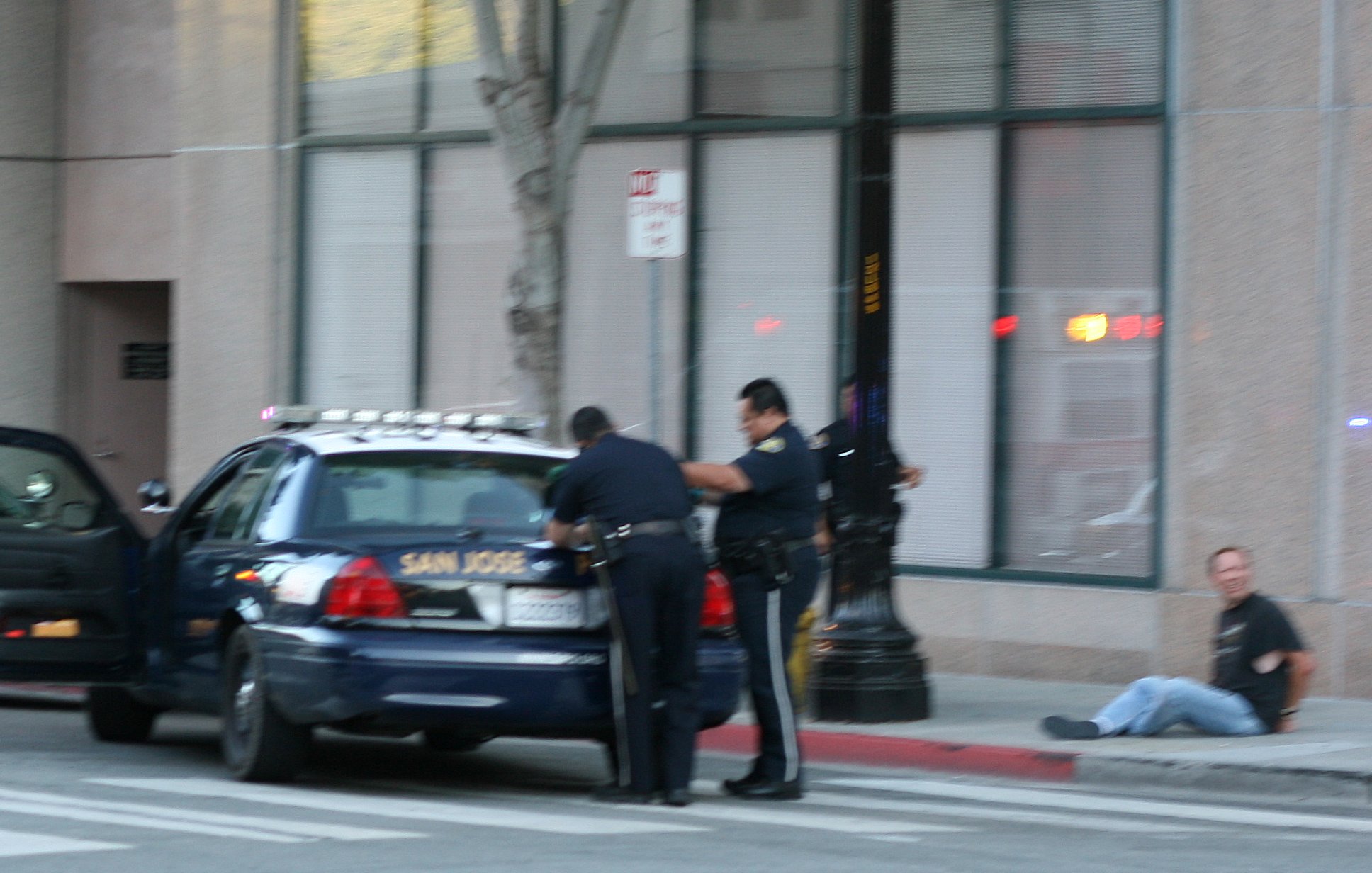
What May Happen When You Refuse a Sobriety Test
Ohio law enforcement personnel use two sets of tests to make arrests and bring charges for operating a vehicle while intoxicated (OVI):
- Field Sobriety Tests—usually a combination of eye movement tracking, walking a straight line, and standing on one leg
- Breath, Blood, and Urine Tests—collecting samples for analysis
Most people suspected of driving under the influence of drugs or alcohol have a legal right to decline requests to perform field sobriety tests and to provide samples for lab testing. Exercising those rights can have consequences, however.
Refusing Field Sobriety Tests
Unless special circumstances exist, you cannot be compelled to share information that can be used as evidence against you in court. This right to avoid incriminating yourself extends to doing field sobriety tests. Also, Ohio judges are not allowed to consider results from handheld breathalyzer tests. For these reasons, saying no when asked to participate in field sobriety tests often works to your benefit.
Saying no will not prevent an officer from taking you into custody. Multiple observations can be cited as probable cause to believe one is driving under the influence. An officer can even state that a suspect’s refusal to perform field sobriety tests led him or her to think the person had been drinking or using drugs.
Refusing Breath, Blood, and Urine Tests
Declining requests to provide samples for drug and alcohol testing is not an offense itself, but it can increase the mandatory minimum penalties if you are convicted for OVI. If you refuse to take part in chemical tests for sobriety, the officer who arrested you can immediately seize and suspend your driver’s license. Such an administrative license suspension will apply to your personal license and any commercial driver’s licenses you hold.
An administrative license suspension technically lasts for one year upon your first refusal of a chemical test. This period can be reduced or put on pause by working with an Ohio sobriety test attorney that focuses on defending OVI charges. It is important to appeal the suspension within the required time period in order to preserve the argument that the suspension was improperly imposed.
Special Considerations if You Have Previous OVI-Related Convictions
According to Ohio statutes, you lose your right to refuse chemical drug and alcohol tests if you have two or more convictions for the following offenses:
- OVI
- Refusing breath, blood, and urine tests
- Testing positive for drinking and driving
- Registering a high blood alcohol concentration (BAC) on OVI-related chemical tests
Police officers have authority to use “reasonable force” to take blood samples from suspects with two or more OVI-related convictions. That being said, Ohio and now Supreme Court case law has indicated that a warrant may be required in order to secure blood samples if the person is refusing to voluntarily give the sample.
With all suspects, regardless of their prior record, police can secure a warrant to compel a chemical test and to review medical records that would otherwise be confidential.
A positive BAC reading for an adult driver in Ohio is .08. A high test is a BAC of .17 or greater. The legal limit for drivers younger than 21 is .02. An underage driver that tests a .08 or above will convert the charge from an underage DUI to the penalties involved with an adult DUI/OVI.
Many details about how and when sobriety tests are conducted and evaluated can affect their reliability and admissibility in court. To request help from an Ohio sobriety test attorney, contact The Maher Law Firm online or by phone at (614) 205-2208.
RECENT POSTS
-
What is Improperly Handling Firearms in a Motor Vehicle in Ohio?
07 Mar 2025
-
What is the Difference Between OVI and DUI in Ohio?
05 Mar 2025
-
What Happens When You File a Police Report on Someone For Harassment
11 Dec 2024
-
How to Move for Dismissal for OVI in Ohio
28 Oct 2024
-
Ohio Fraud Laws: Fraud Charges and Their Penalties in Ohio
12 Sep 2024
-
Can Dismissed OVI Be Expunged in Ohio?
02 Sep 2024
BLOG CATEGORIES
-
Traffic
126 Posts
-
Weapons
3 Posts
-
Drugs
22 Posts
-
DUI
195 Posts
-
Current Events
1 Posts
-
Expungements
2 Posts
-
News
18 Posts
-
Criminal Defense
45 Posts


